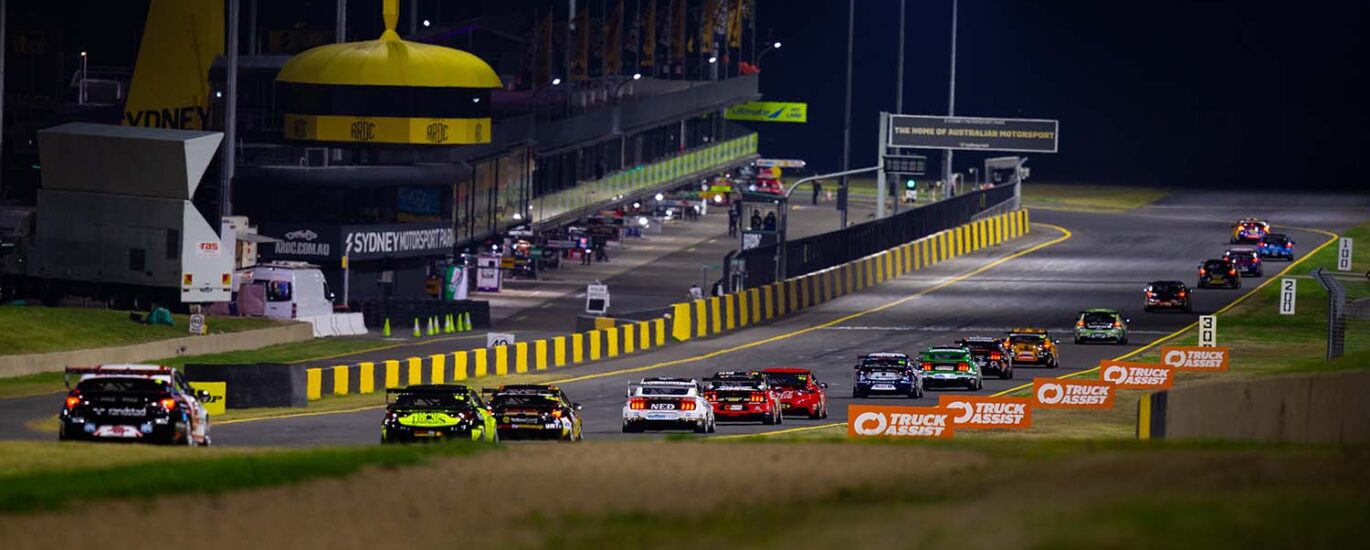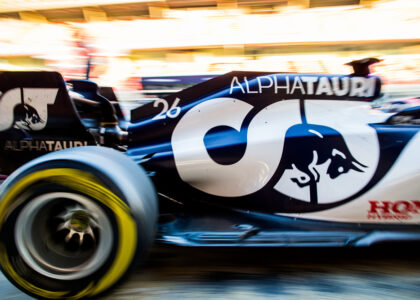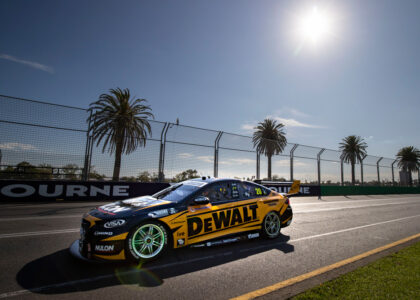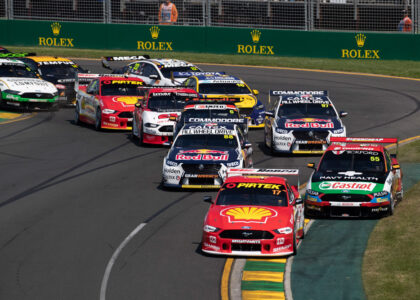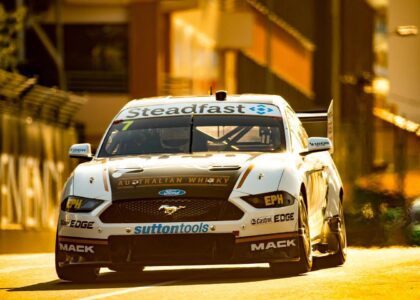LAST WEEK, Melbourne-based Supercars teams rushed to move their entire squads north of the New South Wales border in less than a day in a bid to avoid being trapped in Victoria thanks to their spike in Covid-19 infections.
Now, the championship will again relocate everyone further north straight after this weekend’s second round at Sydney Motorsport Park; Queensland to form a new ‘hub’ for the championship’s teams following another outbreak in NSW.
Border controls put in place by both Queensland and the Northern Territory mean that entering either state from one of Sydney’s hotspots – which according to the Territory includes the suburb where Sydney Motorsport Park is located – would result in a two-week quarantine.
Thus, a shift to Queensland to ride things out prior to heading to Darwin in the second week of August for the next scheduled stop in the Supercars calendar, and then back to Townsville in the state’s North a few weeks later.
The biggest question of all, perhaps, is Why?
Why uproot everyone from their homes, friends and families for the sake of going motor racing?
It’s a massive upheaval for the people involved and hugely expensive for the series and their teams.
Think of how much it costs to book a night’s accommodation. Then times it by 14 people and however many nights you’re away. It racks up quickly.
Costs aside, the human cost is immense because crew members and drivers alike all get separated from their loved ones for a period of time that absolutely no one has an idea of an end point.
And it’s not just Supercars; the AFL, NRL and A-League (basically all of Australia’s professional codes) have uprooted to ensure the show can go on.
The reasoning is simple – Like everything the bottom line is.. the bottom line. Dollars and cents.
There’s a vicious circle of events that occurs if Supercars decided to shut up shop and it would ripple through the industry, causing potentially irreparable damage.
For starters, if Supercars don’t race, Fox Sports don’t get their coverage they’ve paid for and as such won’t pay their bill.
That bill ($241m over six years) goes a long way to underwriting all of Supercars operations and team distributions: the TV rights are the largest single contributor to the sport in Australia, barring nothing.
So without that income, Supercars quickly runs out of cash and the teams cop a revenue blow as well.
What’s more, sponsors not getting on TV or missing their opportunity to activate their investments also stop paying, so the income stream for teams would slow to a trickle.
Their only option would be to then furlough or lay-off staff or even worse, shut-up shop.
We’ve already seen one consequence of the first shutdown: Milwaukee Tools pulling their backing from Will Davison’s 23Red racing squad ended their dreams with one round in the books.
There’s government relationships to protect, commercial deals to maintain and a raft of commitments that flow onwards and if the music stops at the top, that sound of silence will ultimately spread throughout the industry.
The trickle-down would flow on to suppliers, teams in support categories and so on, leaving a trail of destruction that would be hard to rebuild in shaky economic times.
Hence the scramble: Keeping the show on the road is the only way to ensure that the entire business of the sport can keep ticking over – and though it’s easy to fall into the trap of sport being a noble pursuit of competition and excellence, its first and foremost reason of survival is that it is a business.
That’s why all the major professional sporting codes in the nation (and around the world) have pushed the limits of what is possible to try and keep the show, quite literally, on the road.
Think of it as an investment: they’re investing in these difficult and expensive decisions now to avoid a potentially even more difficult and expensive one down the road.
In the meantime, those who retain jobs should applaud those who have taken one for the team by uprooting their lives for an indeterminate amount of time to keep the Supercars wheels rolling.
There’s a vicious circle of events that occurs if Supercars decided to shut up shop and it would ripple through the industry, causing potentially irreparable damage.

